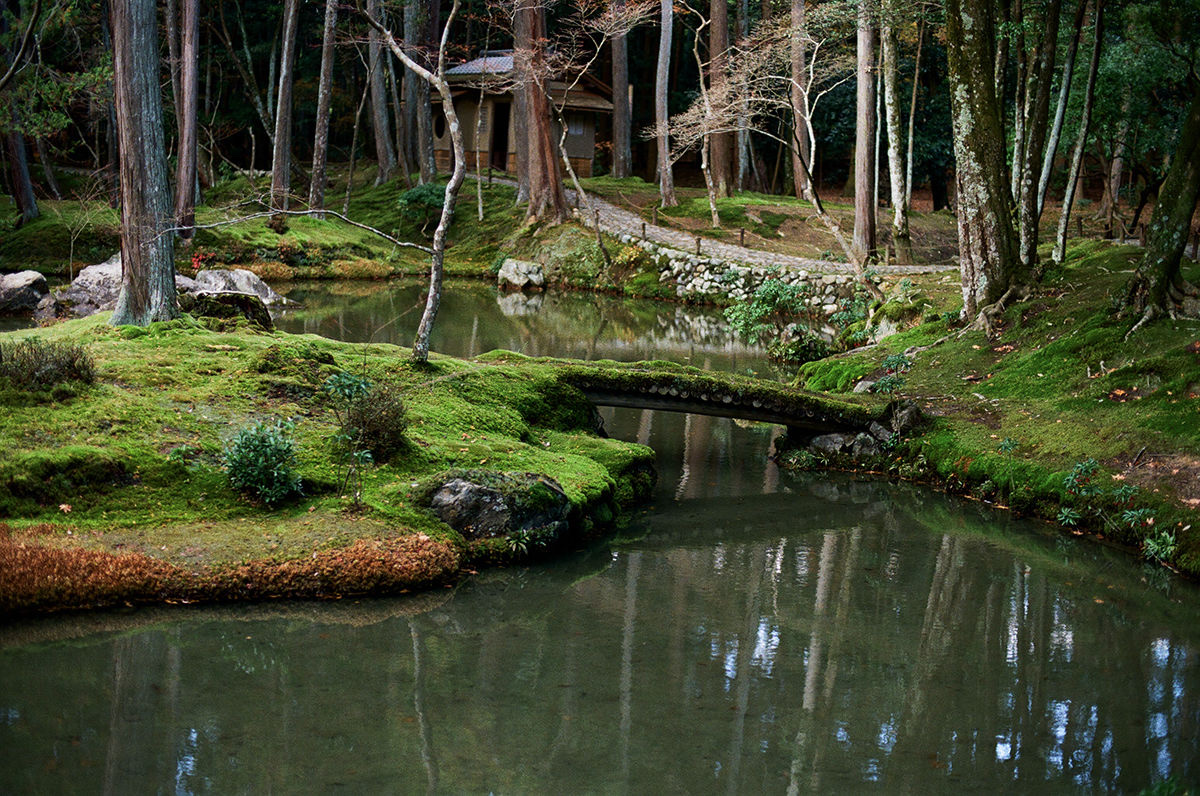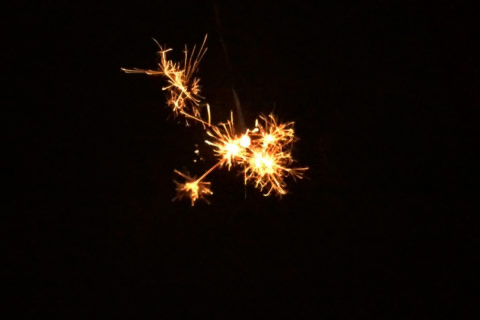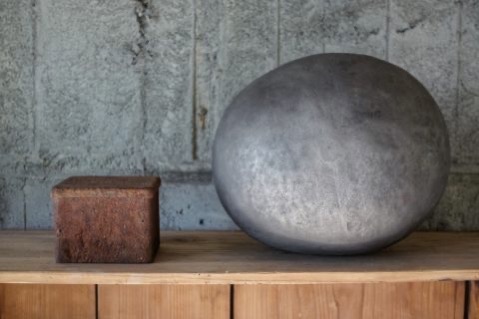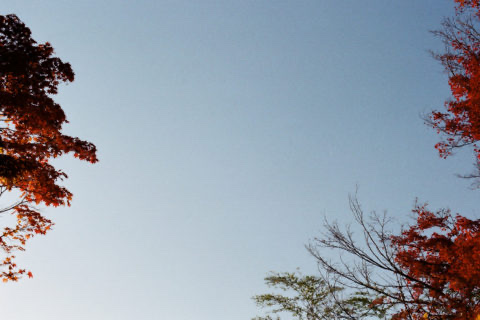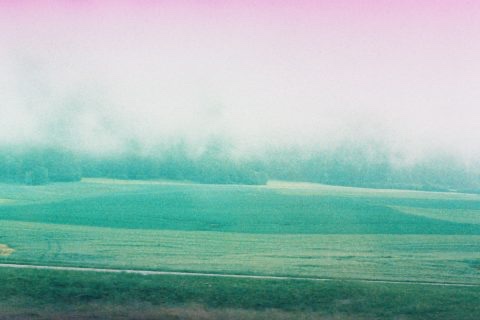
日本有一位專門研究侘寂的學者森神逍遙(Morigami Shyoyou),曾在自己的著作《侘寂幽玄之心》(侘び寂び幽玄のこころ)中說過,侘寂是一種只能在自然之中體會的精神。城市人生活在盒子裡,拒絕大部分的自然變化,盒子裡四季天氣如一,常不自覺以是否方便、是否影響日常的生活來判斷事物的好壞,而接納萬物的存在與轉變,是侘寂的基本精神,故此在抗拒自然的城市裡,很難領悟。
將不足、缺陷、傷痕、時光流轉落下的痕跡昇華成美之前,我們必須張開雙臂,將之完完全全的擁入懷裡。
Since a few years ago, the weather forecast in Japan has stopped commenting rainy or snowy days as “bad weather”. As rain is a necessity to farmers, and some regions basically snow all year round — there is in fact not such a thing as good or bad weather. Typhoon may be annoying, but it can be as unexpected as the sun or rain. Farmer may be troubled by the heavy rain when working in fields, but dirt and rainwater is after all not challenging to clean. Monsoon season can be at times frustrating, but life is bred from rainwater. The idea of understanding any kind of weather is neutral and embracing every change of nature resonates with the fundamental principle of wabi-sabi.
Morigami Shyoyou, a Japanese scholar who studies wabi-sabi, mentioned in his book The Heart of Wabi-Sabi and Profundity (侘び寂び幽玄のこころ) that wabi-sabi can only be encountered in the nature. Townsfolk are used to living inside a box and reject many of the natural changes. Temperature and weather always remain constant in this little box, people start to judge something as good or bad only depending on whether it is convenient to daily life. Wabi-sabi emphasizes the importance of embracing the existence and changes of anything in world, and is therefore a state of mind that is difficult to obtain in big cities that seemingly oppose nature.
To allow defects, flaws, scars and every traces of time elevate into grace, we have to widely open our arms to embrace everything that comes to us.
